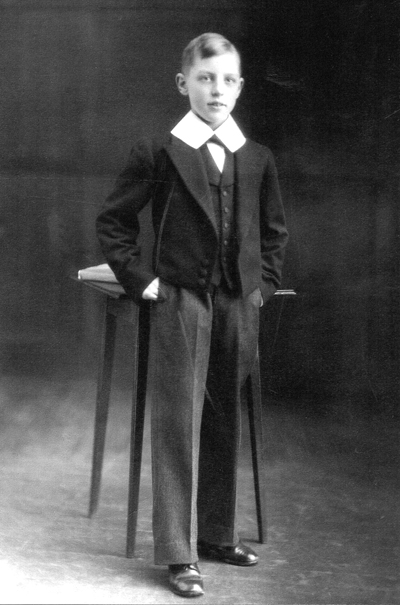REPRIMAND OF JAMES COLEMAN, LAY VICAR
in the Chapter House, July 30 1906
I have summoned you before the Chapter to receive an official reprimand and I have written down what I have to say on behalf of the Canons and myself.
The Dean read the following -
I can recall no offence on the part of a Vicar, at least since that which led to the degradation and expulsion of the late sub-chanter, which has caused more distress to myself and the Canons than your conduct at Evensong on Saturday last and what led to it.
There was a foreshadowing of something wrong when before the beginning of the service you left the vestry in your cassock, and put on your surplice most carelessly, while the Cathedral Body were waiting; it was so unusual as to call for observation. Then during the anthem you knocked and pushed a large music book off your desk almost immediately behind a chorister who was singing a solo and might easily have been interrupted and disconcerted by the noise.
This circumstance led me to keep my eyes upon you till the close of the service, and what I saw, I felt, would make it necessary for me at once to ask for an explanation, but I saw that you left the choir when the hymn began and you did not return to the vestry till sometime after.
I asked the Canon in Residence, who sat near you, if he observed your irreverent behaviour, and be said that he had and that it as very marked and that he could not doubt that you were under the influence of drink.
I [then] found you outside the building and requested you to follow me to the deanery. I saw immediately that the Canon was right and after speaking of your behaviour I said you had been drinking. Now if you had admitted it, as it was a first offence, I should have been contented to deal with you privately and personally.
But what followed was so serious that official notice became necessary. In the first place you denied that you had been drinking, not only once but twice, though I begged you not to increase the offence by falsehood; and only when I told you that I had incontestable evidence from your breath as you passed me at the door, you confessed that you had met a friend and had been taking Brandy and soda, but that you had only taken two glasses, that you had been under a doctor for 3 weeks and supposed that being very weak it had affected you. You had forgotten that only 2 days before when I had asked you how you were you said, without hesitation, "OK! Quite well now, I am going to begin lawn tennis again".
All this was very unsatisfactory but what followed was almost worse. "Why," you asked, "do you single me out for drinking, when there are other vicars far worse than I am? I know that they are. I can prove it. I know one who has taken 8 brandies and soda though I have only taken 2! I am had up while they are left alone".
To try to exculpate yourself by bringing a secret charge against your brother vicars behind their backs shewed me yet more clearly in what state you were. You could only have done it under the influence of drink. I am thankful that it did not happen that you were put down for a solo; the result must have caused a scandal and with that large congregation, a "public scandal".
We have been unanimous in our wish to deal with you as leniently as we can consistently with our duty to the Cathedral Body and the necessity of your brother vicars knowing that you have been officially reprimanded. God grant that you may lay these words seriously to heart and be able to recover that good opinion which for the time you have forfeited.
